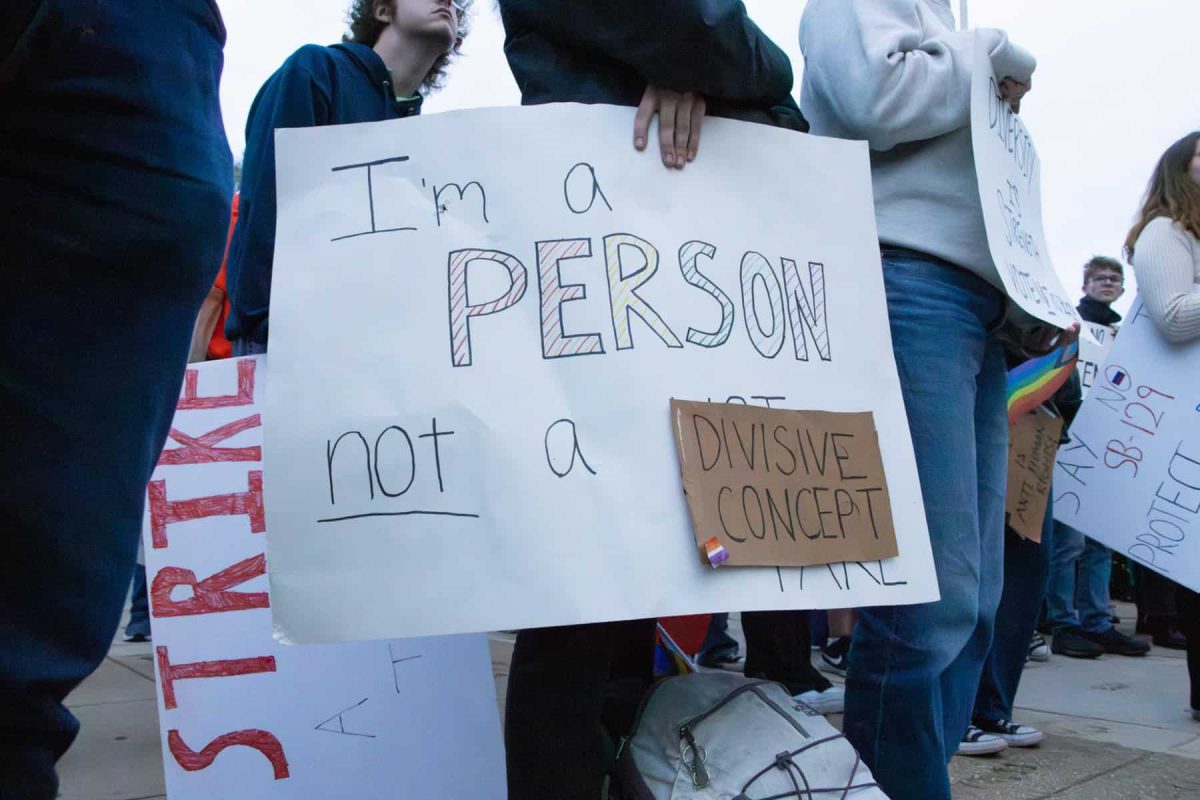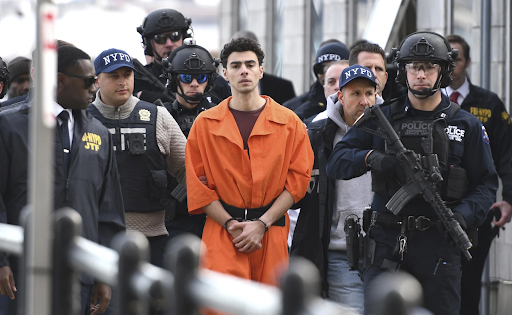There are a million ways I could be fired from my job. Perhaps I am always late, or I don’t do quality work or care enough. Unfortunately, none of these are good enough reasons to fire an American public school teacher.
In our nation, the aggressive tactics of out-of-control teachers’ unions have created a work environment that offers no incentive for quality and punishes our youth with subpar education from educators, who, due to contractual tenure, can never be fired (except in the rare case of extreme misconduct) and therefore, in many instances, simply do not care.
This week, retired NFL Quarterback Fran Tarkenton wrote a commentary in The Wall Street Journal, in which he applied the principles of our education system to the NFL.
He imagined an NFL in which each player’s salary was based on how long he’s been there, not his talent. “The same scale is used for every player, no matter whether he’s an All-Pro quarterback or the last man on the roster. For every year a player’s been in this NFL, he gets a bump in pay… If a player makes it through his third season, he can never be cut from the roster until he chooses to retire, except in the most extreme cases of misconduct,” he wrote. If this were the case, the on-field product would quickly deteriorate.
Sadly, our government does not see the blatant need for education reform and continues to believe that money can fix the system. President Obama’s most recent jobs plan included billions for “public school modernization,” even though inflation-adjusted spending per student has nearly tripled since 1970.
According to the Organization for Economic Cooperation and Development, we spend more per student than almost any nation. Yet, during the past 40 years, our test score rankings have declined in almost every subject. Clearly, more spending is not fixing the problem. The problem must be deeper.
Former chancellor of Washington, D.C. public schools, Michelle Rhee, understood this problem. In her first year on the job, she closed 23 schools, fired 36 principals and cut approximately 121 office jobs. She removed schools and teachers who were underperforming and replaced them with teachers and schools that would succeed. She also fought to end tenure but to instate pay increases up to $140,000 per year for strong teacher performance. Somewhat predictably, liberals reacted by sending Rhee death threats, calling for her resignation and criticizing her aggressive job cuts.
Rhee fired back, stating, “I got rid of teachers who had hit children, who had had sex with children, who had missed 78 days of school. Why wouldn’t we take those things into consideration?”
Despite the criticism, D.C. public schools increased in several measurable ways during her time as chancellor. Since 2007, secondary schools improved their standardized test pass rates by 14 percent in reading and 17 percent in math, while elementary school pass rates improved 6 percent in reading and 15 percent in math. System-wide high school graduation rates also climbed to 72 percent in 2009.
Even with these successes, however, Rhee resigned.
Unfortunately, Rhee is not the only aspiring reformer who has been criticized. Virtually anyone today who speaks out against teachers’ unions is met with the same round of accusations. Tarkenton states, “If you criticize the system, you’re demonized for hating teachers and not believing in our nation’s children.”
This is, of course, not to say that there are no quality teachers in our public school system—there most certainly are. The problem is that such teachers are not rewarded for their quality.
Who wouldn’t become somewhat disenchanted if, despite your high student attendance and test scores, you still made the same amount of money as the worst teacher in the district (or less, if he’s been there longer than you)? The system is designed to guarantee the most jobs to the most people, and not to provide the best education, as it should be. Without substantial reform, our nation’s children and our future leaders will only continue to be victimized by poor policy and greed.
Vinnie Schneider is a junior in the College of Arts and Sciences.














